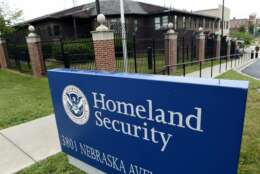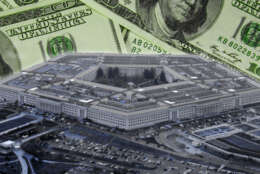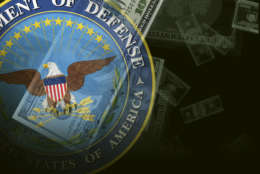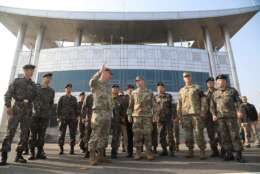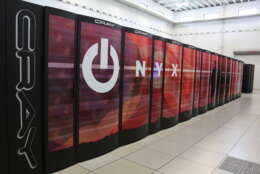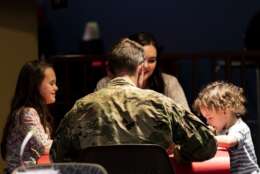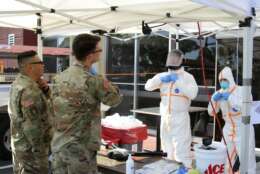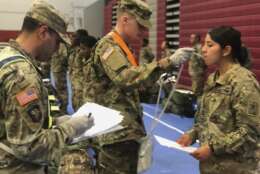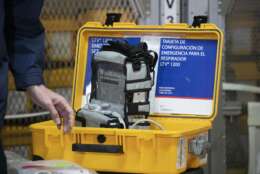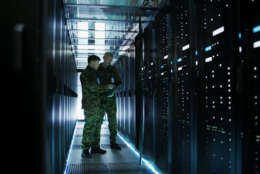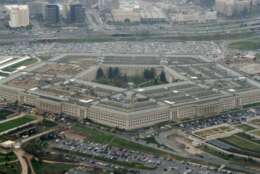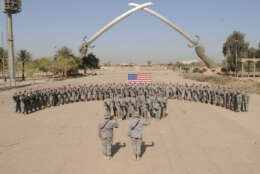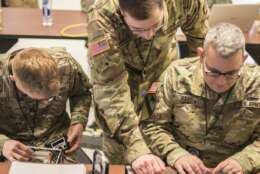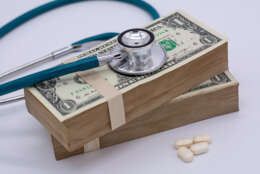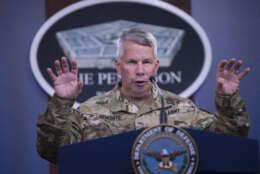Army
-
Representatives from the Department of Homeland Security, the US Army and Cole Engineering Services join host Derrick Dortch on this week's Fed Access for a wide ranging discussion of a new virtual simulation tool that helps train first responders.
May 11, 2020 -
The Pentagon told its contracting officers and contract administrators to boost the amount of money it pays vendors in the form of progress payments as one way to increase their cash flow amidst a sagging economy.
May 04, 2020 -
Small defense businesses are laying off employees, but they may have an opportunity to grow with DoD.
April 28, 2020 -
U.S. Forces Korea has banned several non-uniformed personnel from its bases for the next two years for violating the command's health protection orders.
April 27, 2020 -
The DoD High Performance Computing Modernization Program is using several of its supercomputers to help with various aspects of the government's COVID-19 response.
April 27, 2020 -
New benefits and programs from the military seem to be helping troops and their families.
April 21, 2020 -
The Army's acquisition shop has enlisted the service's expeditionery technology search group to help with the rapid production of low cost ventilators.
April 17, 2020 -
If a virus can kill Americans and wreck the economy more easily than a foreign enemy, is the United States approaching the idea of national defense the right way in the first place?
April 17, 2020 -
Supply and cost are always important drivers for the government to jump in.
April 14, 2020 -
In the span of just a few weeks, the military services have achieved five-to-tenfold increases in the number of users who can connect to their networks from home.
April 14, 2020 -
The Pentagon plans to announce new contracts under the Defense Production Act to increase the domestic supply of critical N95 respirators over the next three months.
April 13, 2020 -
The Army is offering short-term reenlistments as a buffer to the changing economy.
April 06, 2020 -
More than 330,000 Army National Guard members can now use the IPPS-A system.
April 02, 2020 -
Resources exist to help feds during natural disasters, and they're mobilizing now to help out during the coronavirus.
April 02, 2020 -
The Army Corps of Engineers is working with 114 cities to plan and build temporary hospitals to care for coronavirus patients. For cities with convention centers, those sites are an increasingly-attractive option.
March 27, 2020

